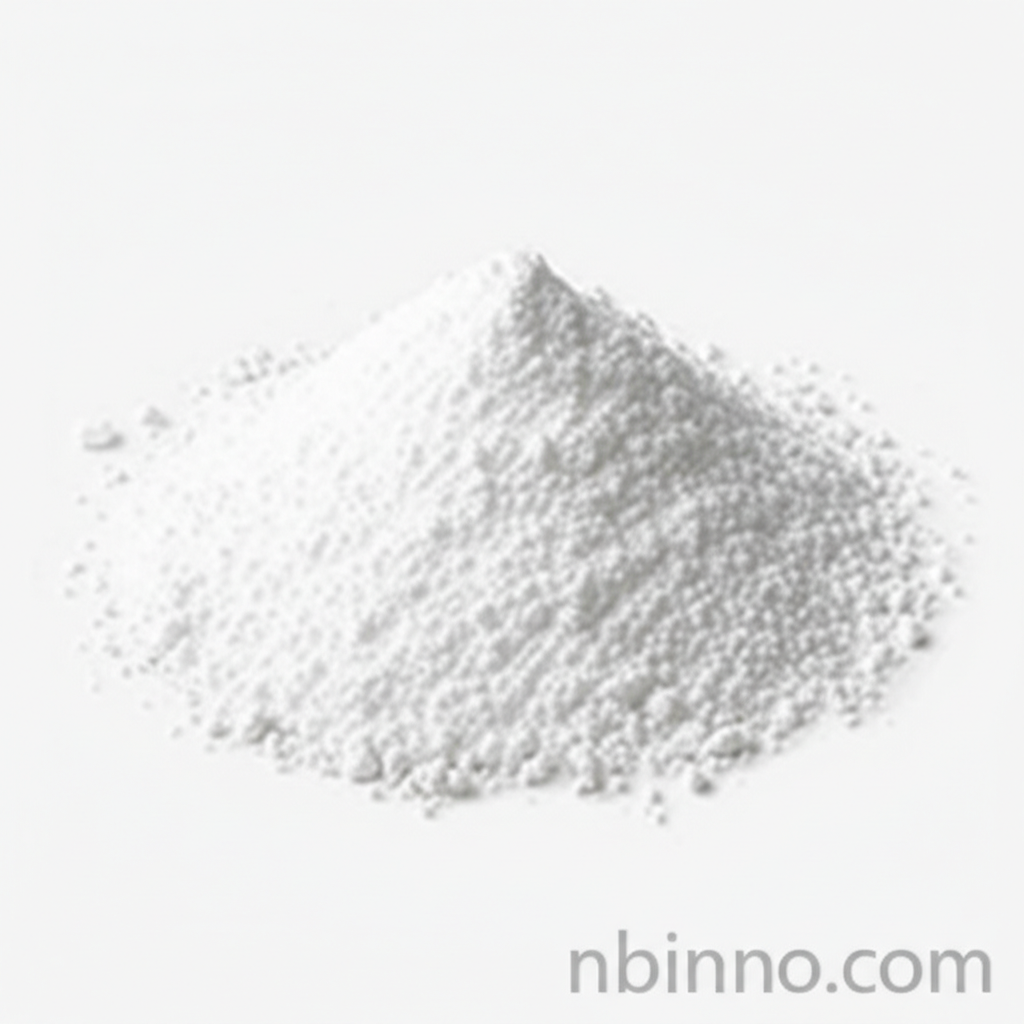Avidin CAS 1405-69-2: A Comprehensive Overview
Discover the key properties and applications of Avidin, a vital pharmaceutical intermediate.
Get a Quote & SampleProduct Core Value

Avidin
Avidin (CAS 1405-69-2) is a crucial pharmaceutical intermediate, renowned for its exceptional affinity to biotin. This interaction forms the basis for numerous applications in biotechnology and diagnostics.
- Leverage the high Avidin biotin binding applications for sensitive detection methods in various research and diagnostic kits.
- Utilize Avidin in diagnostic reagents to create robust and reliable assays for disease markers.
- Employ Avidin pharmaceutical intermediate for the development of advanced therapies requiring targeted delivery or detection systems.
- Explore Avidin for research essentials, enabling breakthroughs in molecular biology and protein studies.
Product Advantages
Unmatched Biotin Affinity
The strong bond between Avidin and biotin is critical for Avidin biotin binding applications, offering superior specificity in detection and purification processes.
Versatile Diagnostic Utility
As a key component in Avidin in diagnostic reagents, it enhances the sensitivity and accuracy of medical testing, aiding in early disease detection.
Essential for Research
Researchers rely on Avidin for research essentials, particularly in protein chromatography and understanding protein interactions, driving scientific advancements.
Key Applications
Diagnostic Assays
Avidin's role in diagnostic assays is pivotal, enabling highly specific and sensitive detection of analytes, a key aspect of Avidin in diagnostic reagents.
Affinity Chromatography
In affinity chromatography, Avidin is used to purify or capture biotinylated molecules, making it indispensable for protein purification.
Biotechnology Research
The versatility of Avidin for research essentials supports diverse applications, from gene expression studies to drug discovery processes.
Biochemical Assays
Avidin CAS 1405-69-2 uses are widespread in biochemical assays where precise molecular recognition is required, often linked to Avidin biotin binding applications.
